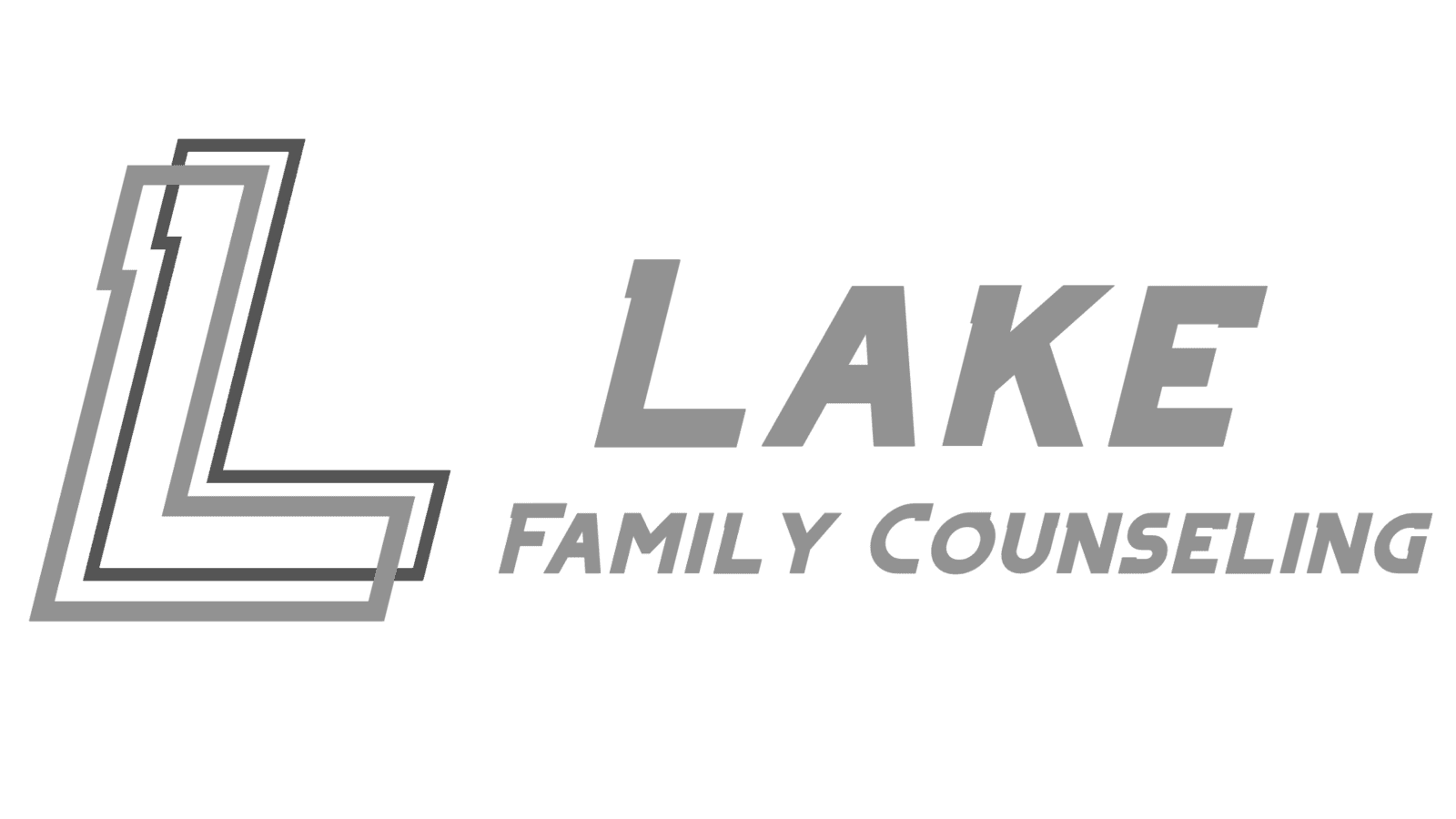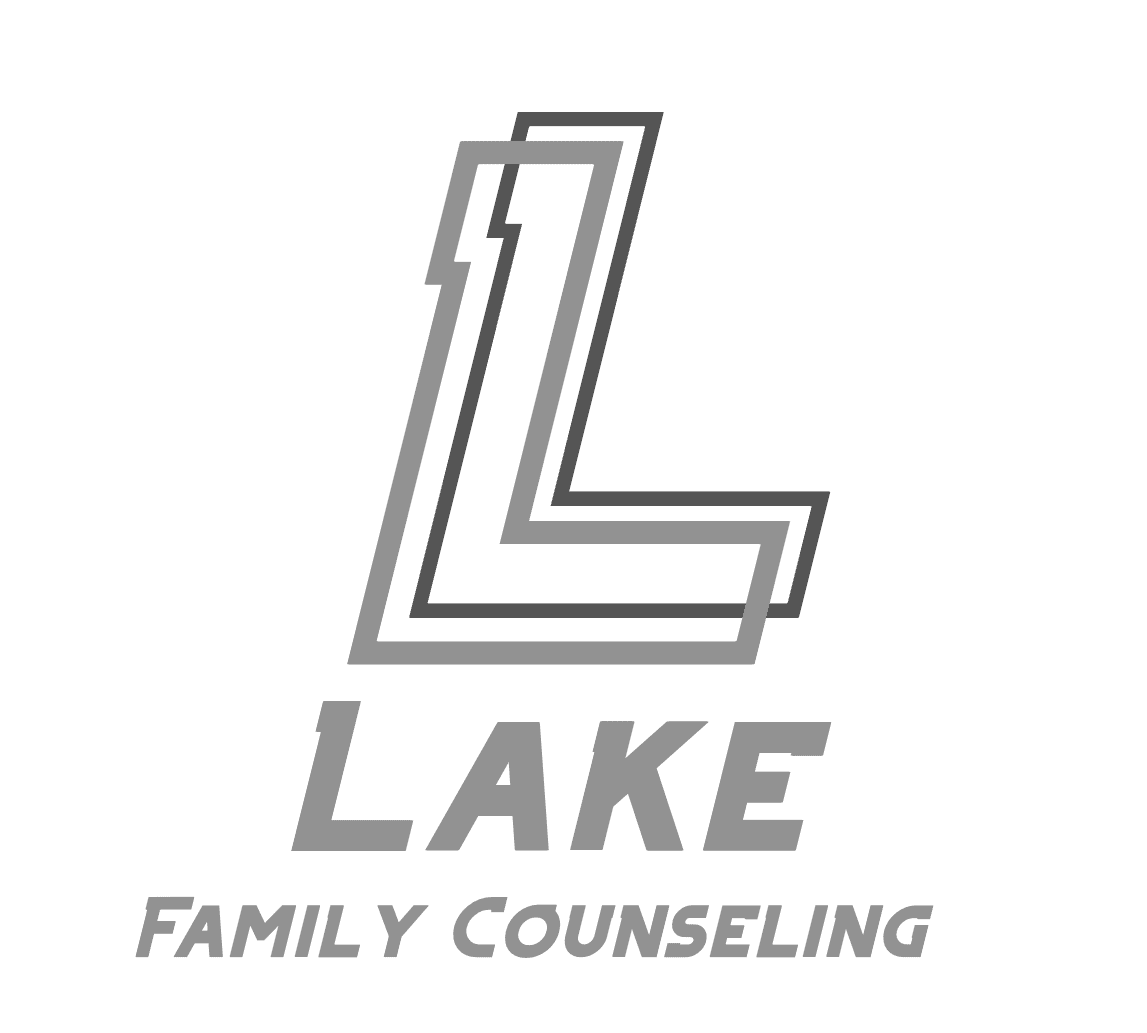Writing as a Path to Renewal
Introduction: The Power of Writing
Words bring clarity. That’s why CPT often begins with an “impact statement”—a short reflection on how trauma changed your beliefs about yourself, others, and the world. It’s not about eloquence; it’s about honesty. Writing makes the invisible visible.
Why Writing Matters
When pain stays in the mind, it swirls without form. Writing gives it shape. It allows you to see, name, and confront beliefs you might not even realize you hold. Over time, revisiting and rewriting the statement reveals progress.
Biblical Example: Habakkuk’s Vision
God told Habakkuk: “Write the vision, and make it plain on tablets, that he who reads it may run” (Habakkuk 2:2, MEV). Writing wasn’t just an exercise—it was a step toward clarity and direction. The same is true for trauma recovery.
Practical Steps to Write an Impact Statement
Set aside quiet time – Pray and invite God’s presence.
Reflect honestly – How has trauma changed how you see yourself, others, and the world?
Write without editing – Don’t censor; let the words flow.
Revisit later – Over time, note shifts in perspective as healing progresses.
Reflection Questions
What beliefs about yourself changed after your trauma?
How do those beliefs compare with God’s truth about you?
What might God reveal to you through writing your own impact statement?
Closing Thought
The impact statement is not about perfection—it’s about beginning. Writing opens the door to clarity. Just as God commanded Habakkuk to write the vision, He invites us to put our pain into words, so we can see the path toward healing.
This is the seventh post in an Eight Part Series entitled Healing the Mind and Heart: How CPT Helps with PTSD Through a Biblical Lens. Please be sure to get the whole story by reading each post. I pray they are an encouragement to you.
Post 1: Don't Stay Stuck - God's Path vs. Satan's Trap
Post 2: Understanding PTSD Beyond the Battlefield
Post 3: Why Our Brains Get Stuck in Trauma
Post 4: Quieting the Inner Alarm
Post 5 The Role of Beliefs in Trauma Recovery
Post 6: Natural vs Manufactured Emotions After Trauma
Post 7: The First Step Toward Healing – The Impact Statement
Post 8: Healing the Brain to Heal the Heart
Check back weekly for the next post.

